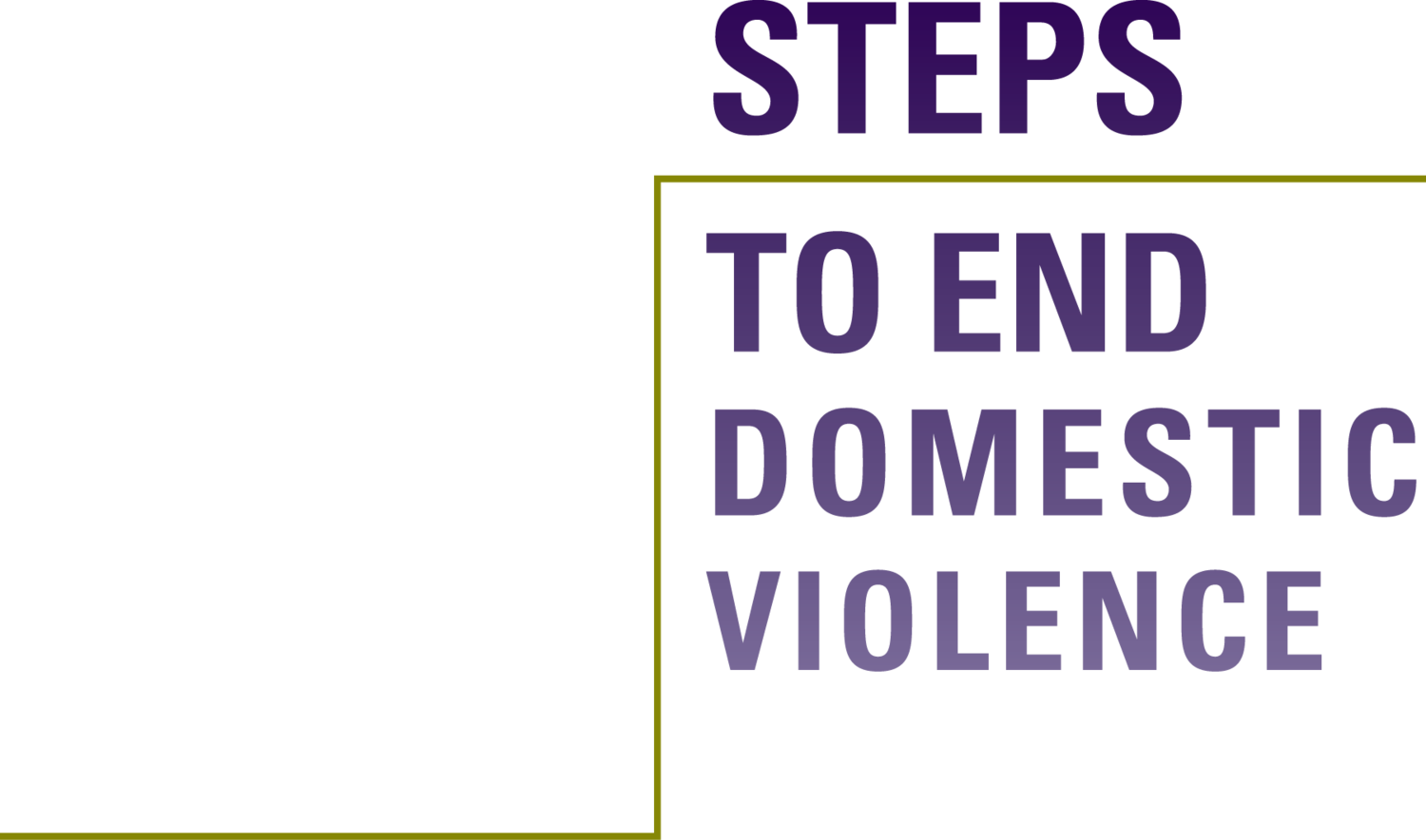The Peer Advocacy Program at Steps to End Domestic Violence recruits and trains high school students to serve as educational resources and support systems around dating violence in their school communities.
Marissa Pelino and Will Jewkes are Peer Advocates at South Burlington High School. They work with Emily Fredette, Education and Prevention Coordinator at Steps to End Domestic Violence, to implement programming and provide support to their peers. This is Marissa’s second year serving in the program and Will’s first.
Q: Why did you get involved with the Peer Advocate Program?
MP: I was at the career job expo where my friends were tabling for the program. Since they were graduating, they asked me to get involved. I’m glad they did because it’s given me a sense of purpose and made me realize that I want to continue to work with organizations like Steps.
WJ: I’m friends with Marissa so she asked me to do it with her. I also wanted to learn about the warning signs so I could recognize and stop domestic violence in my own life.
Q: Why is the work you do important and what have you learned?
MP: It’s important because as a teen it’s hard to convince yourself that this is a problem because if no one’s talking about it and you can’t find the confidence to get out of the situation. It’s also much more common than I realized as dating violence impacts 1 in 3 youth so knowing that others are going through the same thing makes it easier to speak out.
WJ: It’s important because it lets our peers know that this is a caring and supportive community where issues like teen dating violence aren’t swept under the rug, especially when your own friends are in an abusive relationships or are abusing you since violence can be in any relationship.
Q: What do you do as a Peer Advocate?
MP: We make announcements about the different awareness months such as domestic violence in October and teen dating violence in February. We also hold events such as the prom dress drive and Purple Ribbon Day. The most rewarding part of my work has been sponsoring a child with my family for Steps holiday program.
WJ: A lot of what we do is tabling during different events and in the school lobby during lunch. It’s really rewarding to be a resource because peers often feel more comfortable talking to other teens before they go to an adult. I think the stigma of teen dating violence is one of the biggest challenges that impact the work we do.
Q: What events do you having coming up?
MP: Since February is Teen Dating Violence Awareness Month, we’ve gotten the hockey players at our school to wear orange laces during the games in support. We’ll be tabling at the games and hope that the people who attend will also wear orange to support us.
WJ: We’re also planning a wear orange day at our school on Valentine’s Day to help spread awareness about teen dating violence.
Your support can help end dating violence: Ways to give

